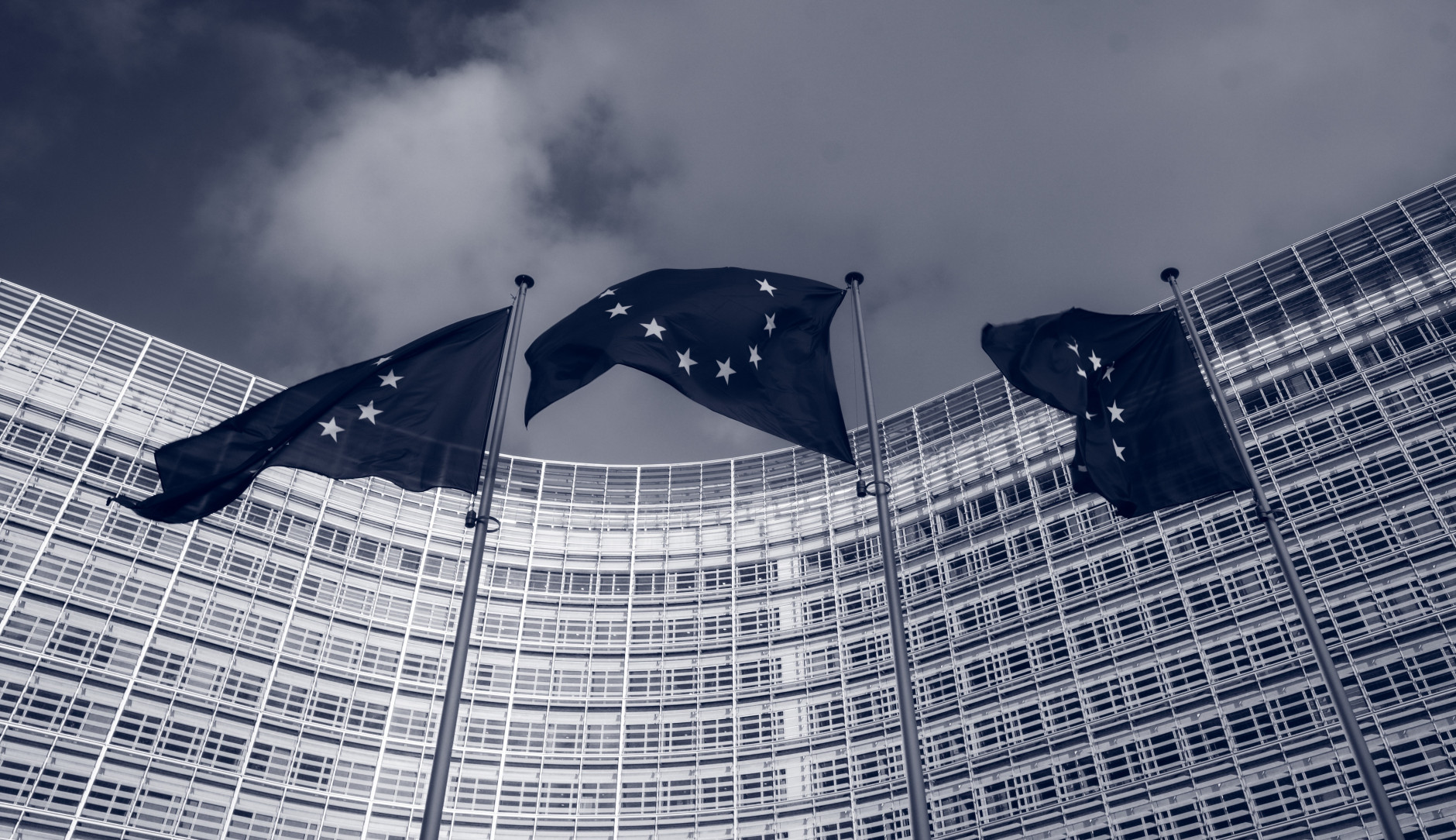Volt calls for the abolition of veto power in the European Council
Volt Europa calls for the abolition of the Veto power in the Council and for another vote to approve Romania and Bulgaria’s accession to the Schengen area.

Free movement of people is one of the core pillars of the EU. The Schengen Area is a unique achievement which for over 25 years has allowed for free movement of people across the EU without controls and internal borders. While Romania and Bulgaria joined the EU in 2007, to this day the countries have not been able to join the Schengen zone.
The disappearance of internal border controls is an essential element in the proper functioning of the internal market. For Romania and Bulgaria, entering the Schengen zone would encompass a wide range of benefits, from reducing border time, ensuring border protection through the new ETIAS system, facilitating trade and expanding tourism, to encouraging more foreign direct investment, and fostering the development of shipping trade through the Black Sea Ports due to their relative proximity to markets in the Middle East and Asia. These benefits have positive implications for the EU as a whole as stronger economies in Eastern Europe would ensure deeper cohesion and integration between regions making the Union stronger as a result.
The European Parliament has acknowledged that Romania and Bulgaria are ready to join the Schengen Area since 2011 and has confirmed again in 2021 that alongside Croatia, they have met all the technical requirements stipulated in the Schengen Acquis and should receive full membership of the passport-free Schengen zone. However, since 2015, no vote has been scheduled on the European Council’s official agenda on Romania and Bulgaria joining the Schengen zone. In 2022, the European Commission reiterated that all three EU member states should be admitted to the Schengen Area after meeting the accession criteria, according to the Report on the State of the Schengen Area.
Despite these efforts, yesterday, the Netherlands and Austria vetoed Romania and Bulgaria accession to the Schengen zone using unfounded arguments. Austria vetoed on grounds that Romania is unable to cope with migration management in light of a new influx of asylum seekers through the Western Balkan route, even if Romania is not part of that route. Netherlands, on the other hand, expressed continuous concerns on the rule-of-law despite the Commission’s reports showing the countries are ready for accession.
These developments show clearly that the Council Veto power is used as a political weapon. Volt Europa calls for the abolition of the Veto power in the Council and for another vote to approve Romania and Bulgaria’s accession to the Schengen area. The problem is not that member states have different interests and cannot agree on solutions. The problem is the basic structure of the system, which fails to balance interests. Eliminating the right of veto is essential for the effectiveness of the European Union.